Relaxed Hair Vs. Natural Hair: Pros, Cons, & Maintenance Tips
Understand the nuances of your hair type and texture before you make a decision.
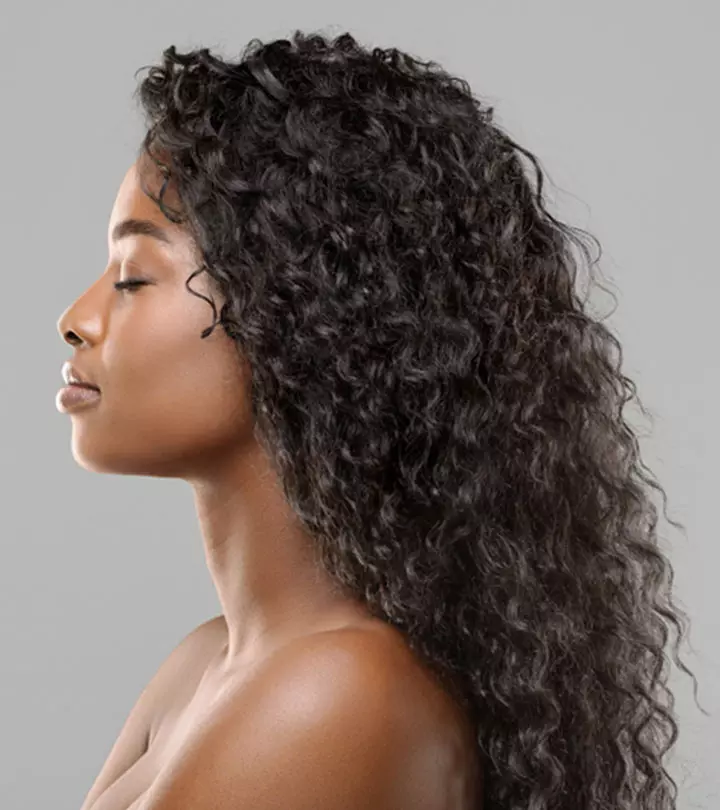
Image: Shutterstock
Your overall style reflects your identity, and that includes your hairstyle too. If you have natural hair and plan to relax it, consider the pros and cons of natural vs. relaxed hair before choosing one. You might wonder if it is safe to ditch relaxed hair in an era when so many women embrace their natural hair. Your hairstyle, however, is entirely a matter of personal preference. Our goal is to assist you in making an informed choice regarding the type of hair you want. Keep reading.
 Trivia
TriviaGarrett Augustus Morgan, a black American man, invented the first hair relaxer in 1909.
In This Article
What Is The Difference Between Natural Hair And Relaxed Hair?
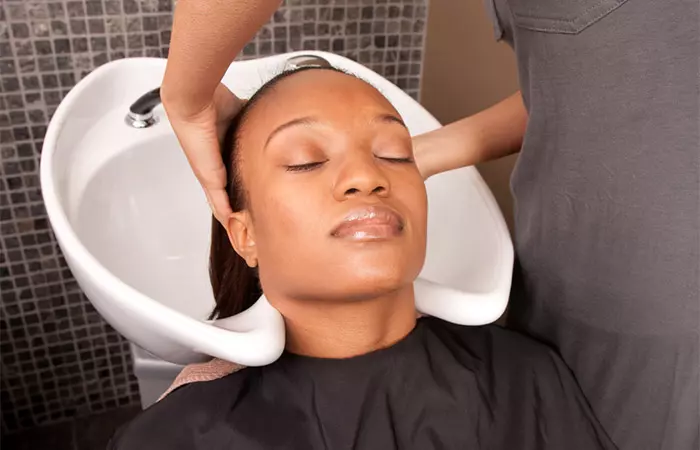
Natural hair is the hair you are born with. It is hair that grows out of your scalp without any alteration to the hair texture or its natural state.
However, relaxed hair is hair chemically treated with a hair relaxer. This treatment permanently straightens your hair by breaking the hair proteins that cause it to go curly.
 Fun Fact
Fun FactIt is believed that the first hair relaxer was tested on a dog’s fur.
Both natural and relaxed hair types have their pros and cons. Knowing them can help you make a better decisions.
What Are The Pros And Cons Of Natural And Relaxed Hair Types?
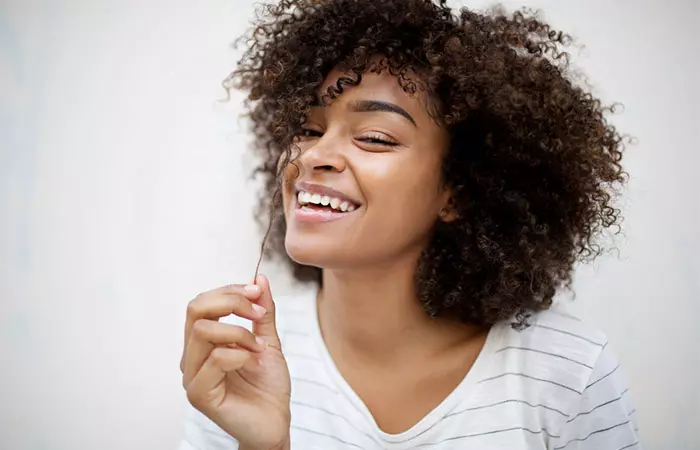
Natural Hair
Pros:
- Natural hair can withstand chemical treatments.
- It has more volume than relaxed hair.
- It is not prone to breakage.
Cons:
- Natural hair may get easily tangled due to its natural thickness.
- It is hard to maintain and requires a lot of time, effort, and money.
- Even combing natural hair can consume a lot of time.
Relaxed Hair
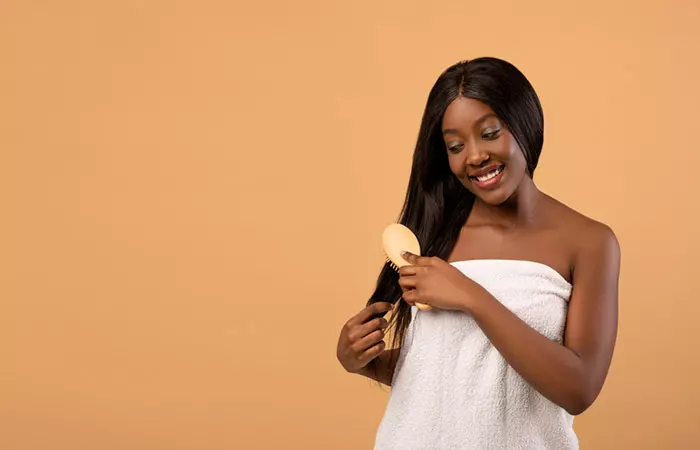
Pros:
- Relaxed hair is straightened and does not get tangled while combing.
- It is easy to style and requires low hair maintenance.
- It stays straightened and does not get frizzy.
Cons:
- Relaxed hair is achieved through chemical treatments and is more prone to damage.
- It may eventually look weak and unhealthy.
- Its chemical treatment may cause permanent scalp damage.
- Relaxed hair breakage is also a common issue.
You may now choose your preferred hair type. But no matter the choice, regular maintenance is imperative. In the following section, we have discussed how you can maintain both hair types and prolong their life.
Tips For Maintaining Natural Hair And Relaxed Hair
Natural Hair
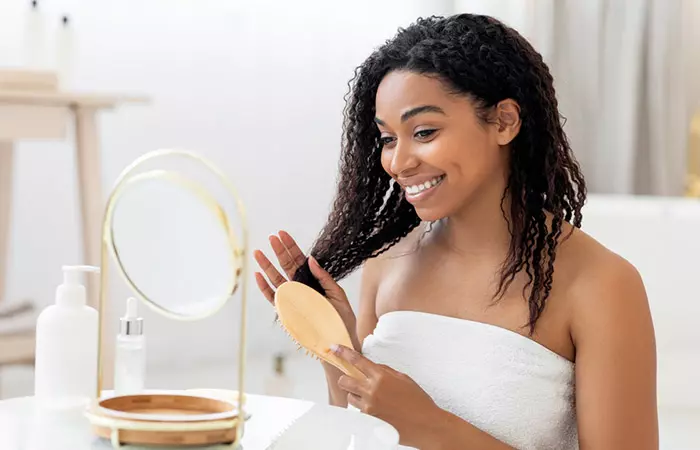
- The key to maintaining natural hair health is adequate nourishment. Have a balanced diet including protein, vitamins, and other important nutrients.
- Natural hair could be hard to detangle. But the process can be eased out with the right tools. Use hair combs that are specific to your hair type and detangle your hair slowly.
- While detangling, start from the hair ends and slowly work your way upto the roots. This minimizes hair breakage.
- Always moisturize your natural hair as it tends to lose moisture quickly and may dry up fast. You can opt for the oil rinsing or pre-pooing methods to condition your hair adequately.
- Your natural hair might feel like it has stopped growing after a certain period. You may massage your scalp to stimulate blood circulation. Regular scalp massage tends to encourage hair growth as well as lessen hair loss (1).
Relaxed Hair
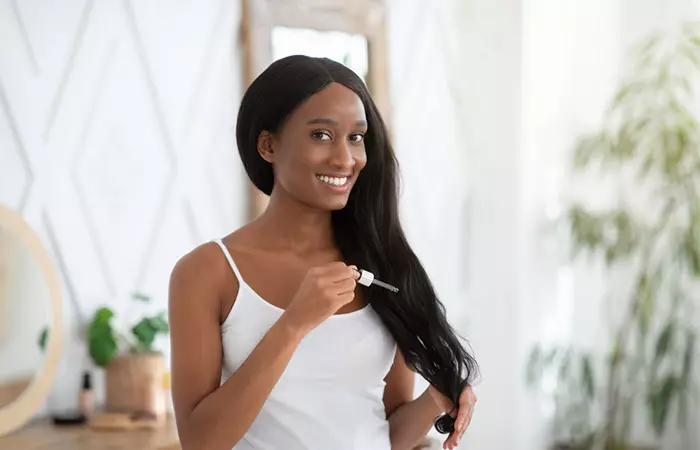
Wondering how to maintain relaxed hair? These tips may help.
- Any chemical treatment can cause hair damage, and relaxing your hair is no different. However, understanding your hair products can help. Have an in-depth conversation with your hairstylist and understand the different products and processes.
- It is important to maintain a consistent relaxing schedule. Your hair keeps growing, and you must relax the new hair growth every 8 to 10 weeks to prevent any breakage.
- Take care of your scalp to ensure you have healthy hair growth. Cleanse your scalp regularly and keep it moisturized.
- If you notice any damage at the hair ends, trim them. Doing so will ensure normal hair growth.
- Relaxed hair may also get dry easily. Hence, moisturize and condition your hair regularly.
The chemicals used in the treatment can leave your hair dry. But you can follow certain tips to keep your relaxed hair nourished and healthy.
How To Keep Relaxed Hair Moisturized
- Wrap your relaxed hair in a silk or satin wrap to retain moisture while reducing friction and hair breakage.
- Use hair masks and leave-in conditioners for added hydration.
- Washing your hair frequently may strip away the natural oils and make it dry. Hence, space out your wash days and use a dry shampoo in between washes.
- Cover your head with a scarf or cap while heading out. Extended time in the sun can dry your hair out and damage it.
Infographic: DIY Protein Hair Mask For Relaxed Hair
The chemicals in creams and lotions used to create relaxed hair can make hair prone to damage. But protein hair treatments may help regain the lost protein. Protein masks help strengthen the hair and repair the damage. Click on the infographic below to learn how to prepare a DIY protein hair mask for relaxed hair. Illustration: StyleCraze Design Team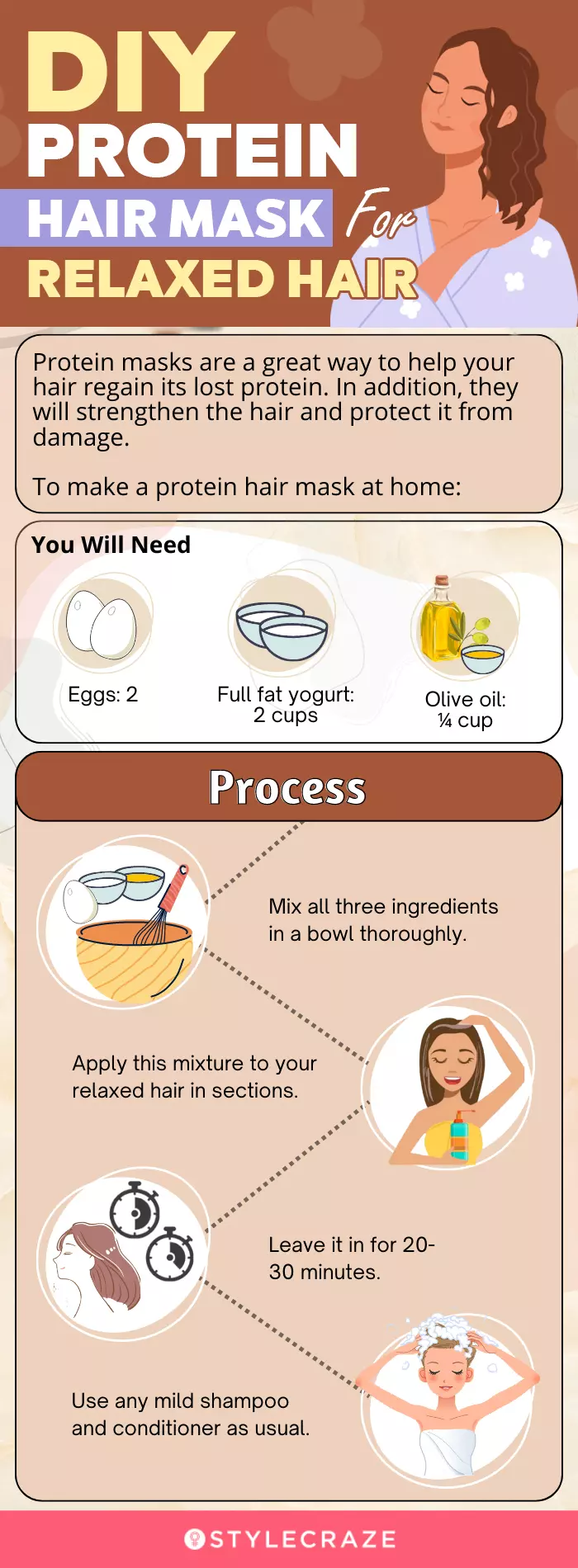
Natural hair is the naturally textured hair (mostly type 4 hair) most African women are born with. Relaxed hair is natural hair that has been straightened with a chemical solution. Back in the day, most African women straightened their hair as their natural hair was not openly accepted in society. Now, many African women have taken a stand and embraced their natural locks and traditional protective hairstyles. Whichever style you choose, natural vs. relaxed hair, it all depends on the confidence and comfort with which you flaunt your locks.
Frequently Asked Questions
How long does relaxed hair last?
Relaxed hair can last up to 6-8 weeks with proper care and maintenance.
Can relaxed hair go back to natural?
Effects of relaxers are permanent, and your hair will not go back to its natural state. You need to wait for your hair to grow out and go for regular trims. You can also grow out your hair long enough, then chop it off right above the demarcation line.
Can relaxed hair still be healthy?
It is not synonymous with damaged hair. It can be healthy if it is maintained and not overprocessed with chemicals.
Does natural hair grow faster than relaxed hair?
The hair growth rate stays the same for relaxed and natural hair. Relaxing your hair does not affect its growth potential unless the hair follicles are permanently damaged.
Which is better — natural hair or relaxed hair?
A well-nurtured natural hair is structurally stronger and comparatively healthier than well-cared relaxed hair as the former retains its fibers and elasticity and fights regular breakage and shedding.
Can I tie my hair after relaxing?
No, it is advised to not tie your hair for at least 4-5 days to avoid bends in your relaxed hair.
Is coconut oil good for relaxed hair?
Yes, coconut oil is good for relaxed hair as it adds extra moisture to your tresses.
How do I wash relaxed hair?
Wash it at least twice a week with a moisturizing sulfate-free shampoo and conditioner formulated for chemically treated hair. Massage the shampoo into your scalp gently using your fingers and untangle your hair with a wide-toothed comb when you condition your hair.
What are some popular hairstyles for natural hair and relaxed hair?
Popular natural hairstyles include updo, braids, halo braids, mohawk, and braided ponytail, while relaxed hairstyles include half-updo, mohawk, side bun, pixie, side weep, and ponytail.
Can I color relaxed hair and natural hair?
Natural hair can be colored whenever one wants to. For relaxed hair, wait for at least one week after your relaxing appointment before getting a permanent hair color treatment.
Key Takeaways
- Natural hair can withstand chemicals and looks voluminous but often gets tangled.
- On the other hand, relaxed hair is easy for hair styling and does not get tangled or look frizzy. However, it is prone to damage as it is chemically treated.
- Both natural and relaxed hair needs nourishment, so a proper hair care routine is a must.
Illustration: Relaxed Hair Vs Natural Hair: Pros Cons & Maintenance Tips
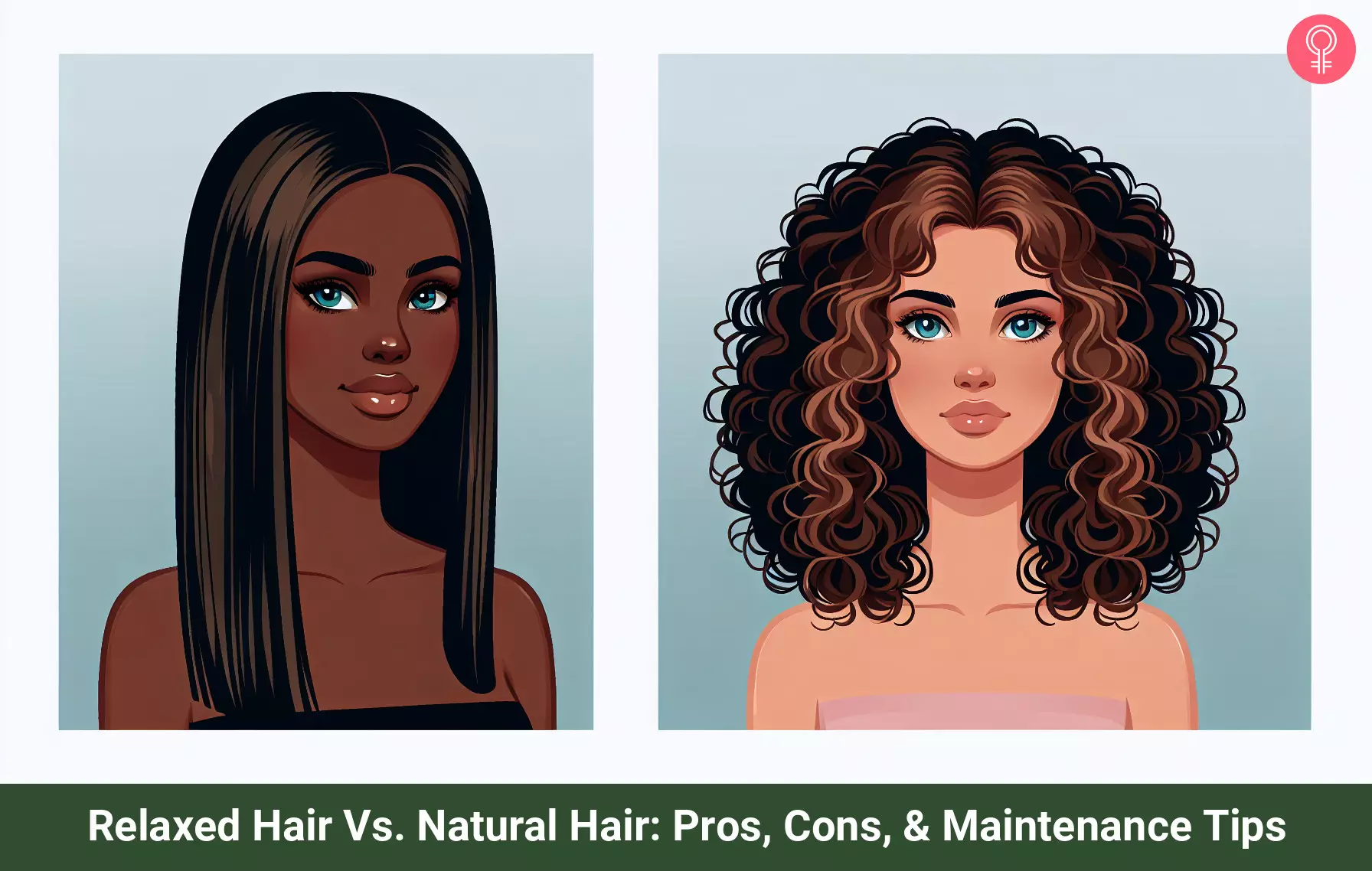
Image: Dall·E/StyleCraze Design Team
Delve into the ongoing debate between natural hair and relaxed hair. Check out this video to discover the beauty and empowerment behind each choice and decide for yourself which style suits you best.
References
Articles on StyleCraze are backed by verified information from peer-reviewed and academic research papers, reputed organizations, research institutions, and medical associations to ensure accuracy and relevance. Read our editorial policy to learn more.
- A Case Study: Massage Relaxation and Reward for Treatment of Alopecia Areata – Sharon C. Putt Lawrence Weinstein Mary T. Dzindolet 1994
https://journals.sagepub.com/doi/abs/10.2466/pr0.1994.74.3c.1315
Read full bio of Tere Pruett
Read full bio of Eshna Das
Read full bio of Krati Darak





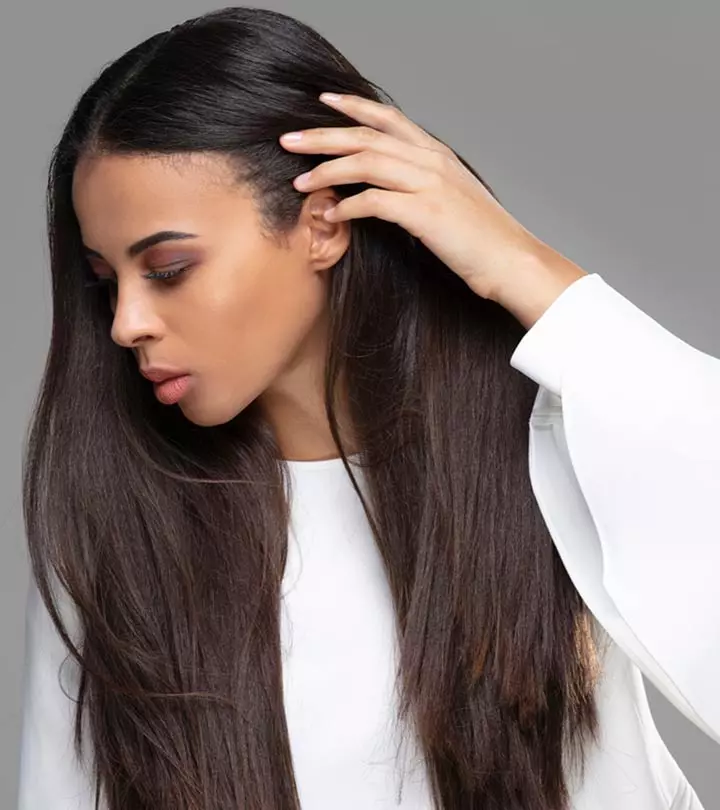
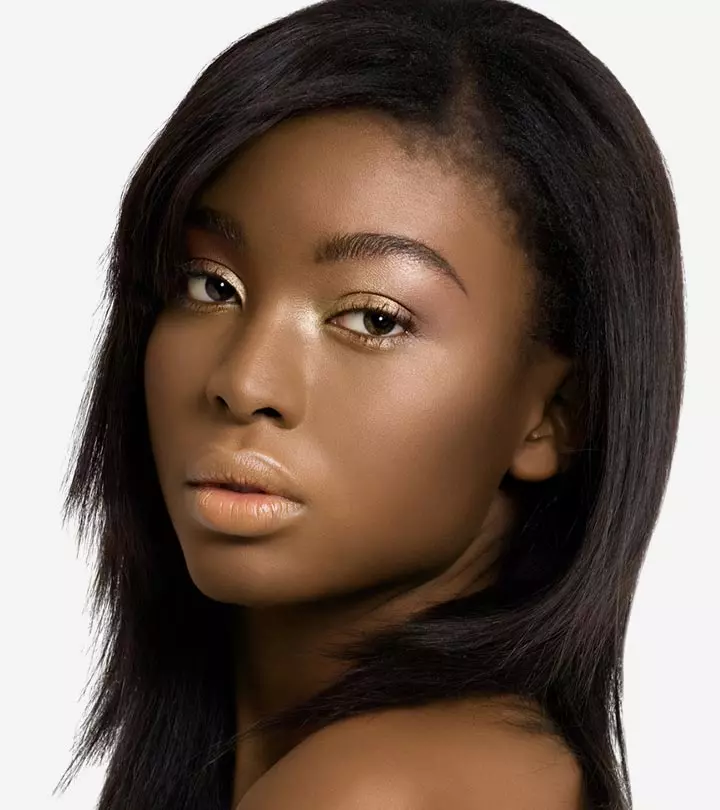
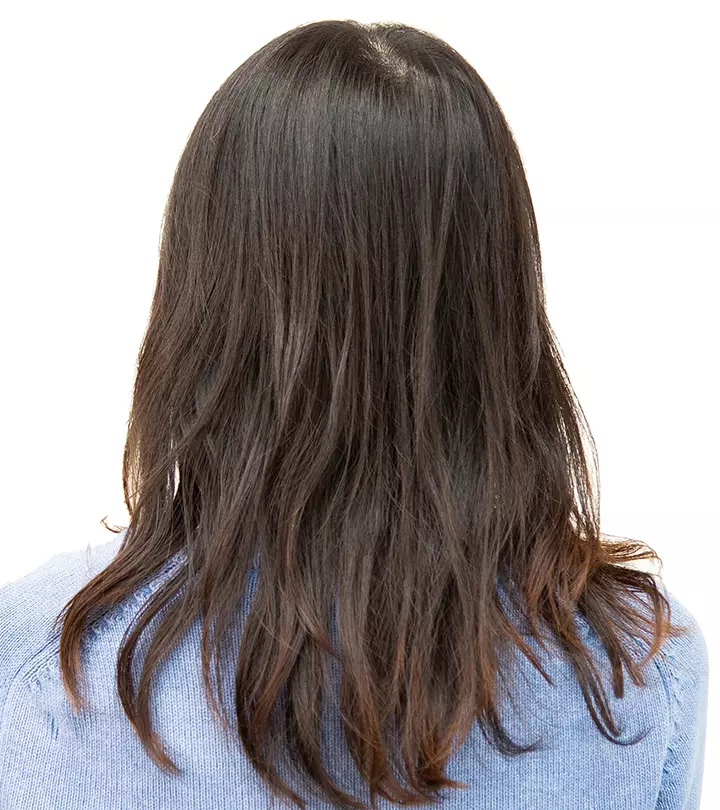


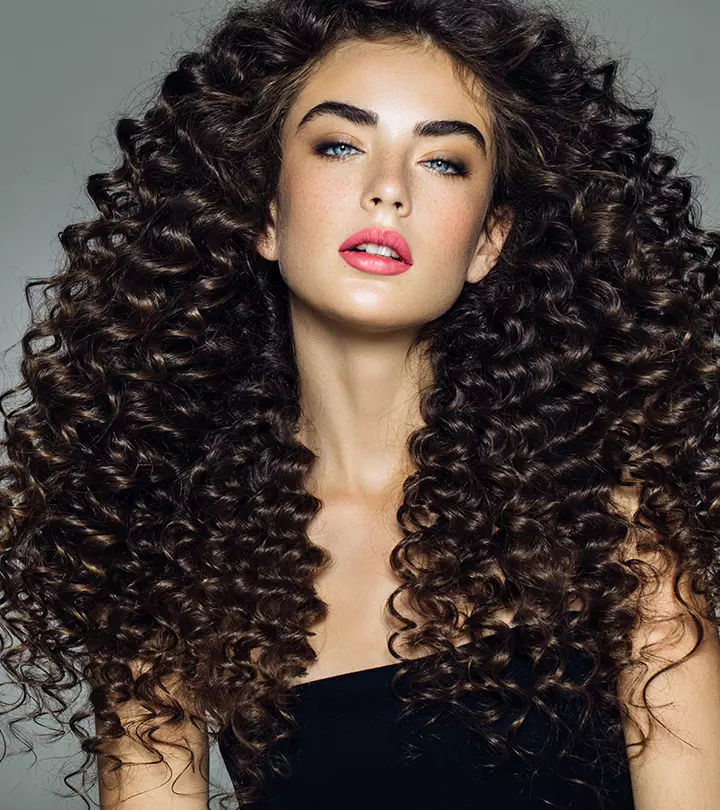

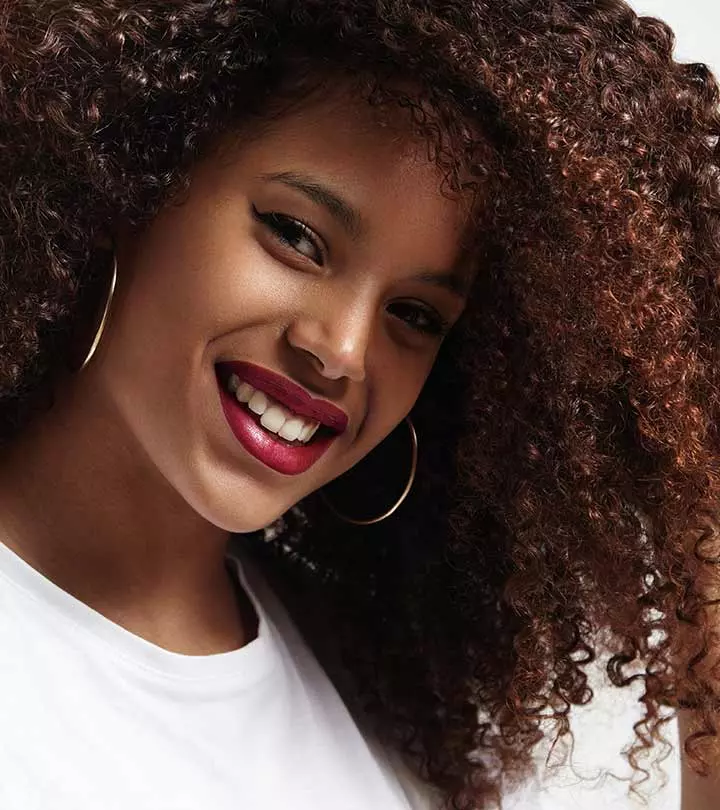
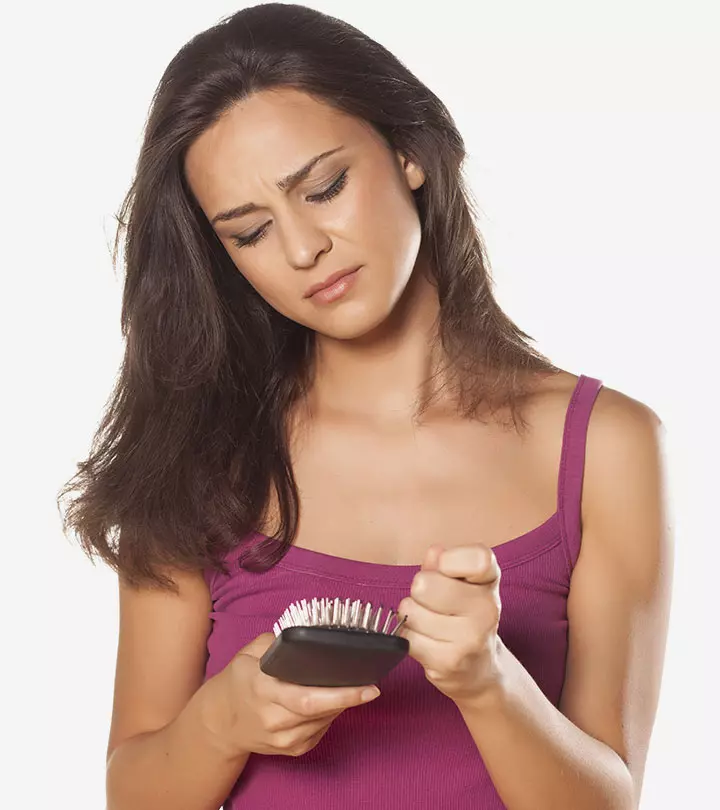
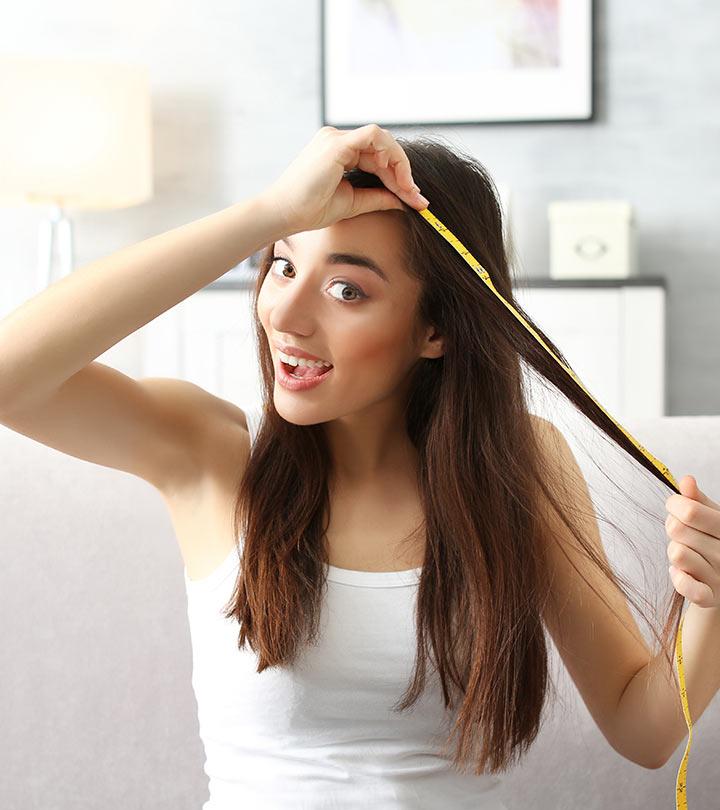

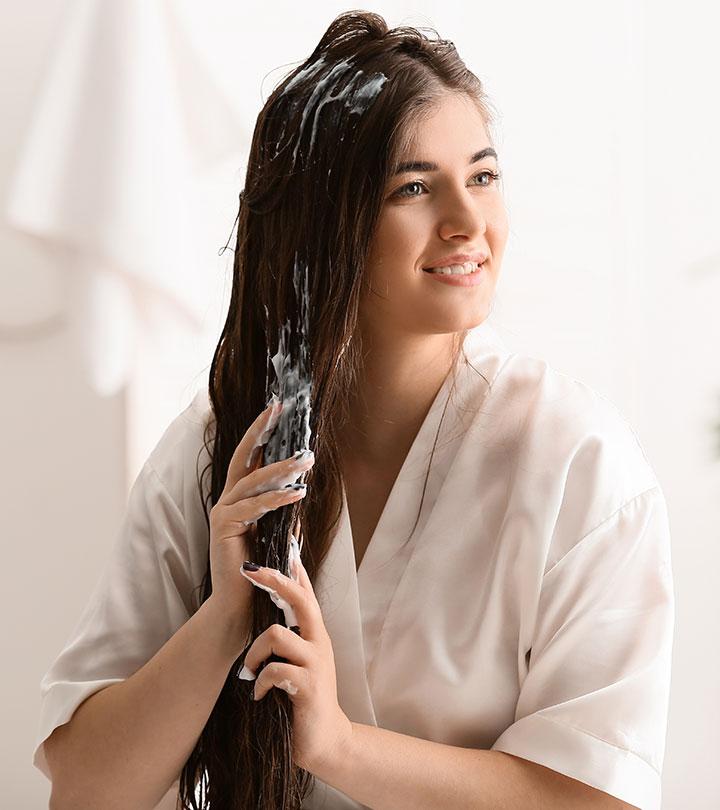
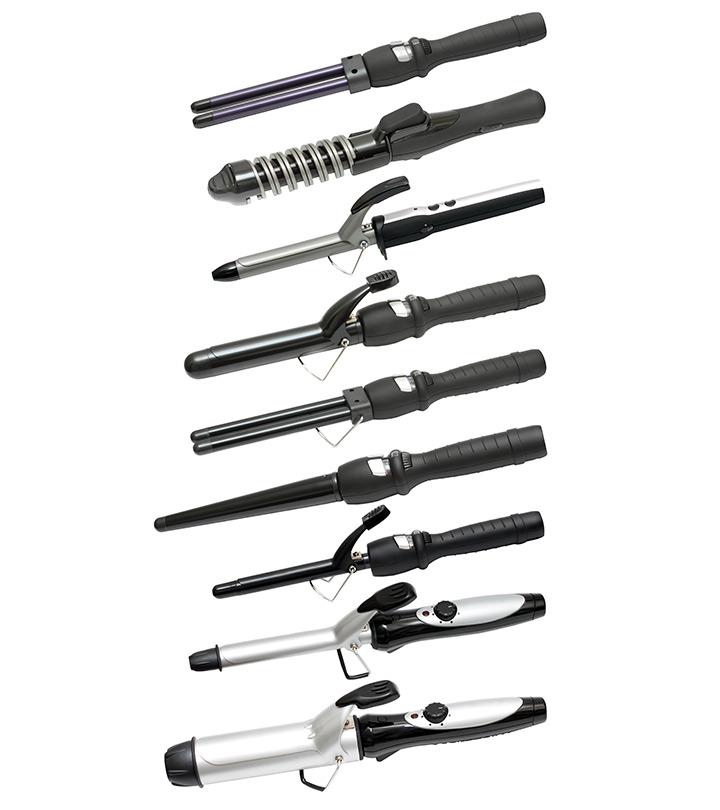
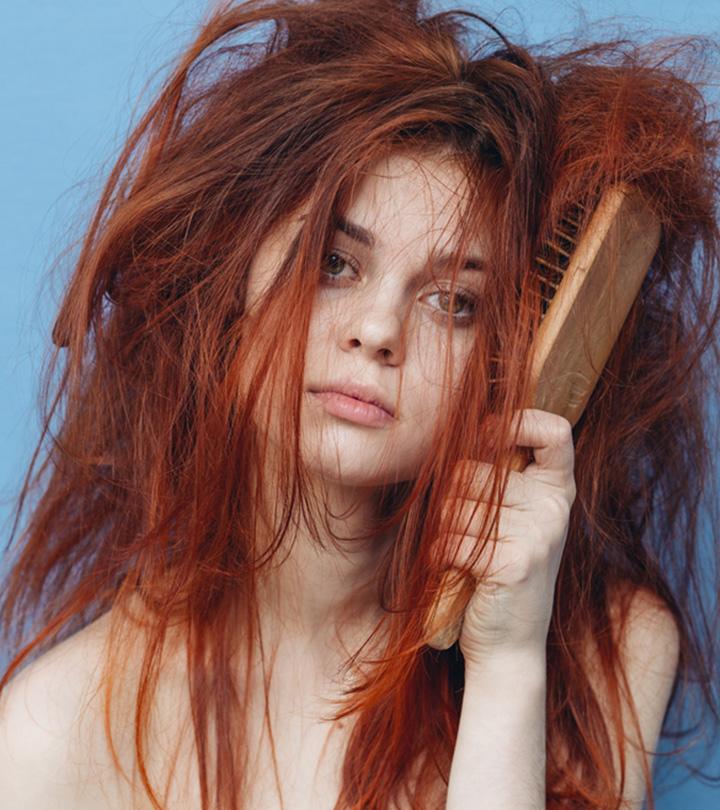

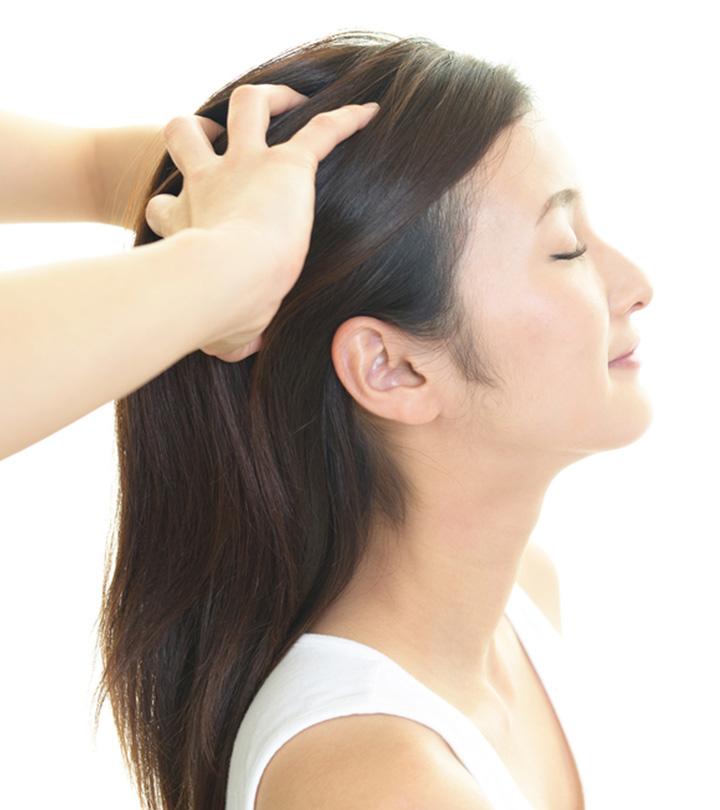
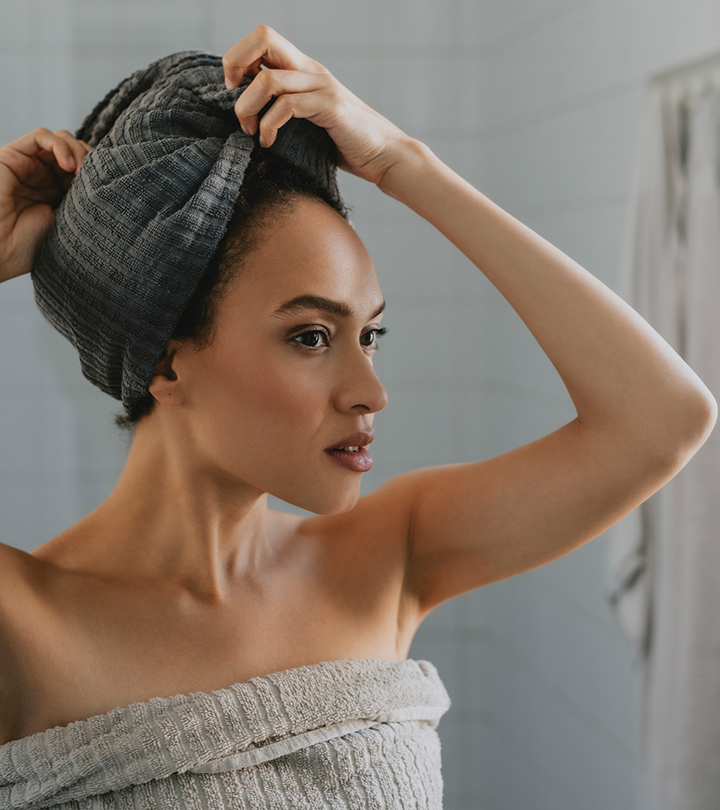
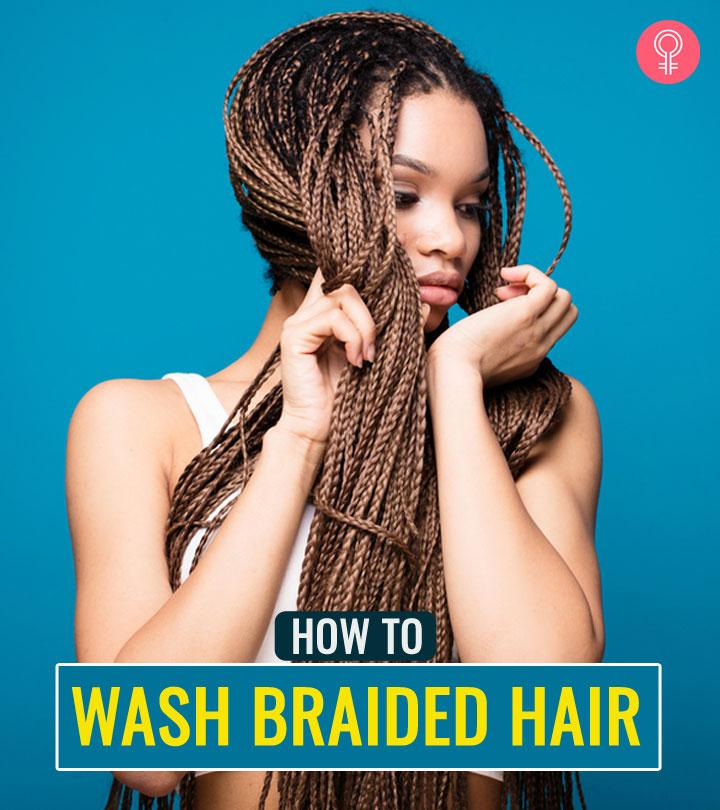
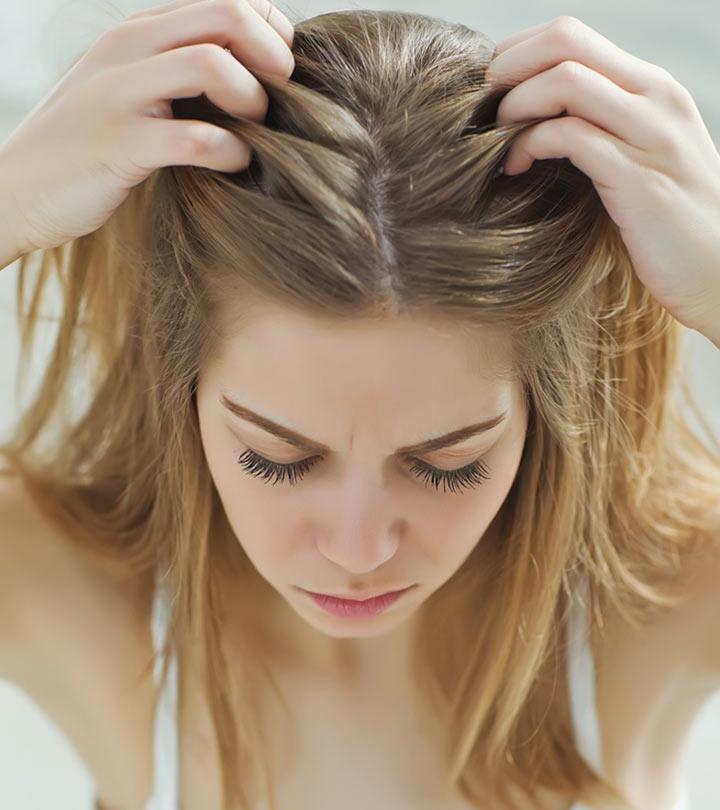
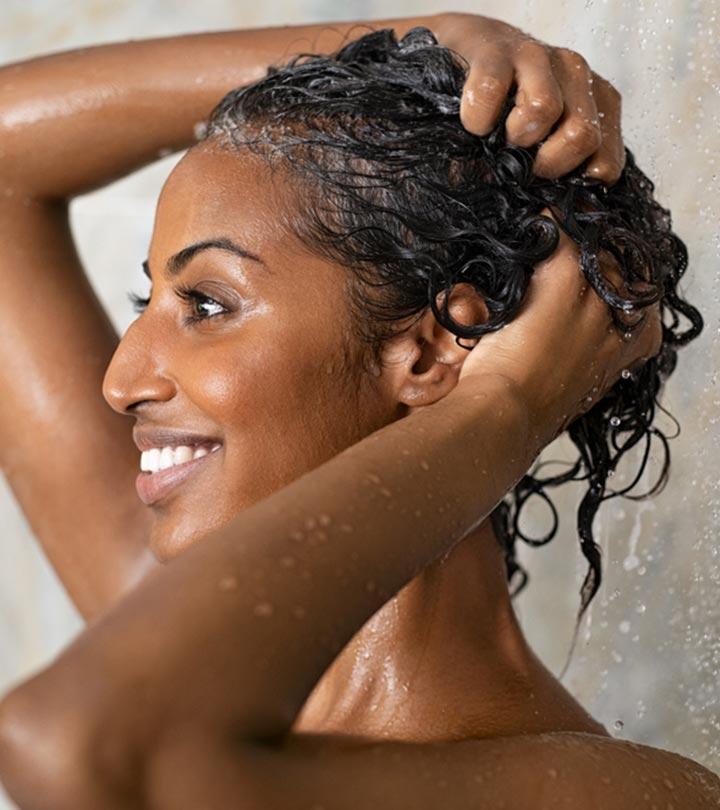
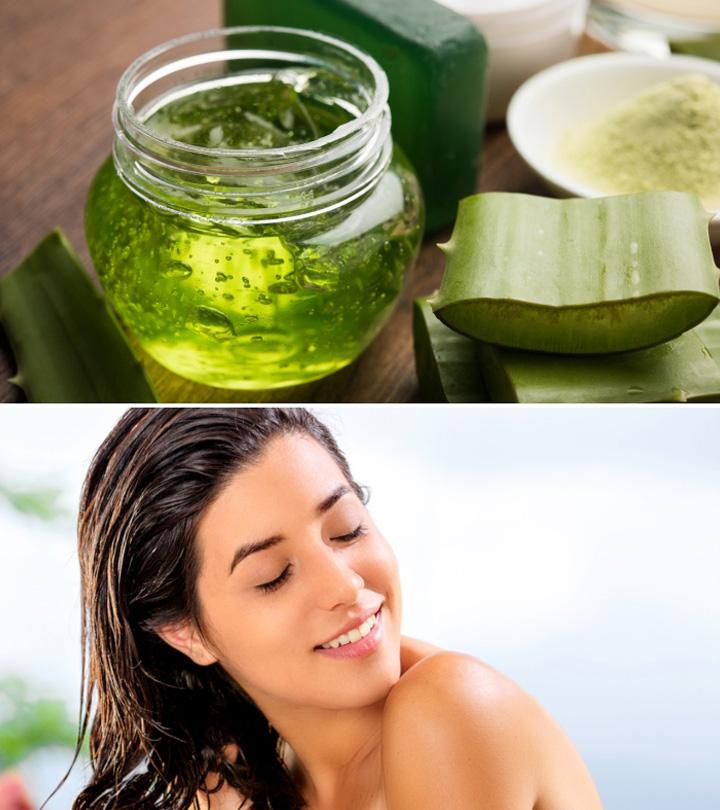
Community Experiences
Join the conversation and become a part of our empowering community! Share your stories, experiences, and insights to connect with other beauty, lifestyle, and health enthusiasts.